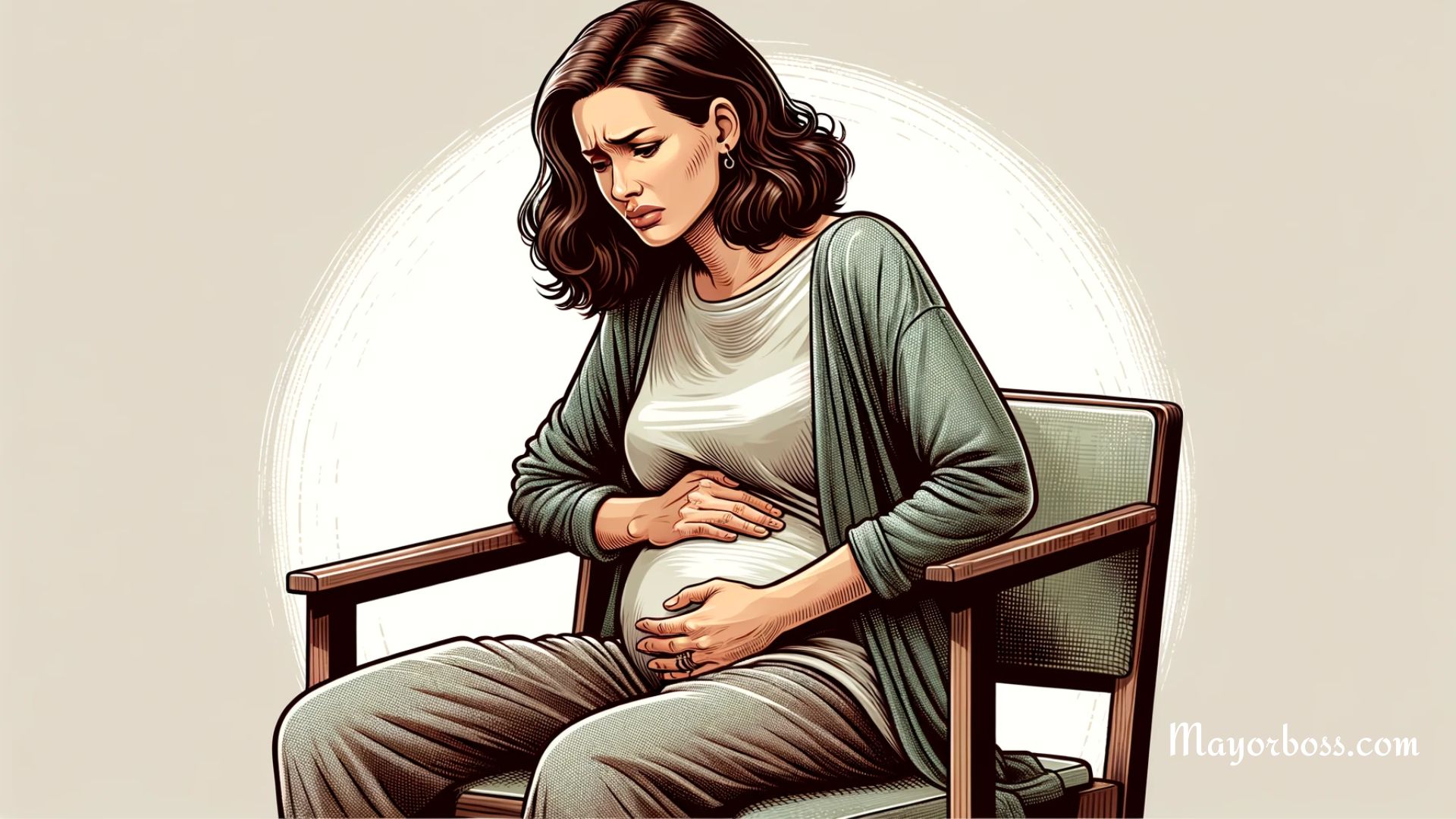Why You Have a Sore Throat in the Morning
Waking up with a sore throat isn’t fun at all, but lots of individuals go through it. Usually, there are simple reasons for sore, scratchy throat, but sometimes it could mean you’re getting a cold or have strep throat. This article explores the common causes and helps you figure out when to talk to a doctor.

Dry Air
When you sleep, the air in your bedroom might be quite dry. This can occur, especially if you live in a cool climate and keep the heat running all night. Dry air irritates your throat by removing needed moisture from your mouth and throat tissues. As a result, you may feel scratchiness or soreness when you first wake up.
One solution could be to use a humidifier. A humidifier adds moisture to the air, which helps keep your throat and nasal passages from drying out. Be sure to clean your humidifier regularly to prevent bacteria growth. If you do not have a humidifier, placing a bowl of water near a heat source may slightly increase the moisture level in your room. While this will not work as well as a humidifier, it may still help a little.
Mouth Breathing
Did you know that breathing through your mouth while you sleep can make your throat dry and sore by morning? If your nose is blocked or stuffy, you are more likely to breathe through your mouth. This leads to dryness of the tongue, throat, and soft tissues because there is no filtration or humidification from the nasal passages.
If you suspect this is your problem, try rinsing your nasal passages with a saline spray or using a steam inhalation before bedtime. Another practical tip is to raise your head with an extra pillow, which may help keep your nasal passages clearer and reduce mouth breathing. If congestion persists, do see a healthcare provider for further evaluation.
Postnasal Drip and Allergies
Postnasal drip happens when excess mucus travels down the back of your throat instead of being expelled from your nose. This mucus can collect overnight, making you cough or swallow often. The repeated irritation from mucus may leave your throat feeling sore and scratchy when you wake.
Common causes of postnasal drip include seasonal allergies, sinus infections, or exposure to irritants like cigarette smoke. To address this concern, aim to reduce your exposure to allergens or pollutants. For example, keep your windows closed during high pollen seasons, and wash your bedding regularly. Some people may find relief by taking medication recommended by a medical professional, such as an antihistamine or nasal corticosteroid.
Snoring and Sleep Apnea
Individuals who snore or have sleep apnea often breathe through their mouths as they rest. Air rushing in and out can further dry the throat and contribute to irritation. In the case of sleep apnea, your airway narrows or closes, causing you to stop breathing briefly. This frequent interruption can increase mouth breathing, further stressing your throat. Try these remedies:
- Change Sleep Position
Sleeping on your back may worsen snoring. Try resting on your side instead. - Maintain a Healthy Weight
Extra weight around the neck can narrow the airways, so if necessary, work with a health professional on a plan to achieve a healthy weight. - Consult Your Doctor
If you suspect sleep apnea, a thorough medical evaluation is key to finding suitable treatment.
Throat Irritation from Infection
Sometimes, a sore throat in the morning is a sign of a mild infection. Viral or bacterial infections can cause throat pain and might be worse when you first wake up. That is because mucus can pool and dry overnight, leaving your throat irritated and inflamed. If you also experience fever, swollen glands, or persistent pain, you may wish to consult a doctor.
Gastroesophageal Reflux (GERD)
Sometimes, that morning sore throat is a sign of gastroesophageal reflux disease or GERD. This condition happens when stomach acid travels up toward your throat, irritating sensitive tissues. Since you are lying down for a long stretch at night, there is a greater chance for acid to flow up from your stomach.
Look out for symptoms such as a burning feeling in the chest, frequent belching, and a sour taste in your mouth. If these issues ring a bell, consider small steps like avoiding eating right before bedtime. In addition, propping up your head and chest with pillows might keep stomach acid in place. If lifestyle changes do not help, do see your doctor for further guidance.
Smoking
People who smoke often experience greater throat irritation, especially upon waking. The chemicals in cigarette smoke can harm the delicate lining of your throat, causing inflammation. Sleeping through the night without hydration can make the throat’s discomfort more noticeable in the morning.
If you smoke, consider reducing your cigarette intake or quitting altogether. Not only can this help ease morning sore throats, but it also benefits your entire body. Smoking cessation can be challenging, so talk to a medical professional about resources, such as support groups, counseling, or nicotine replacement aids.
When to Seek Help
A mild sore throat from dryness or allergies is common. However, if you notice ongoing pain or see other signs like high fever, difficulty swallowing, or persistent hoarseness, it’s time to make an appointment with a doctor or your provider. You may require specific treatments, such as medication or additional testing, to resolve the cause of your morning sore throat.






